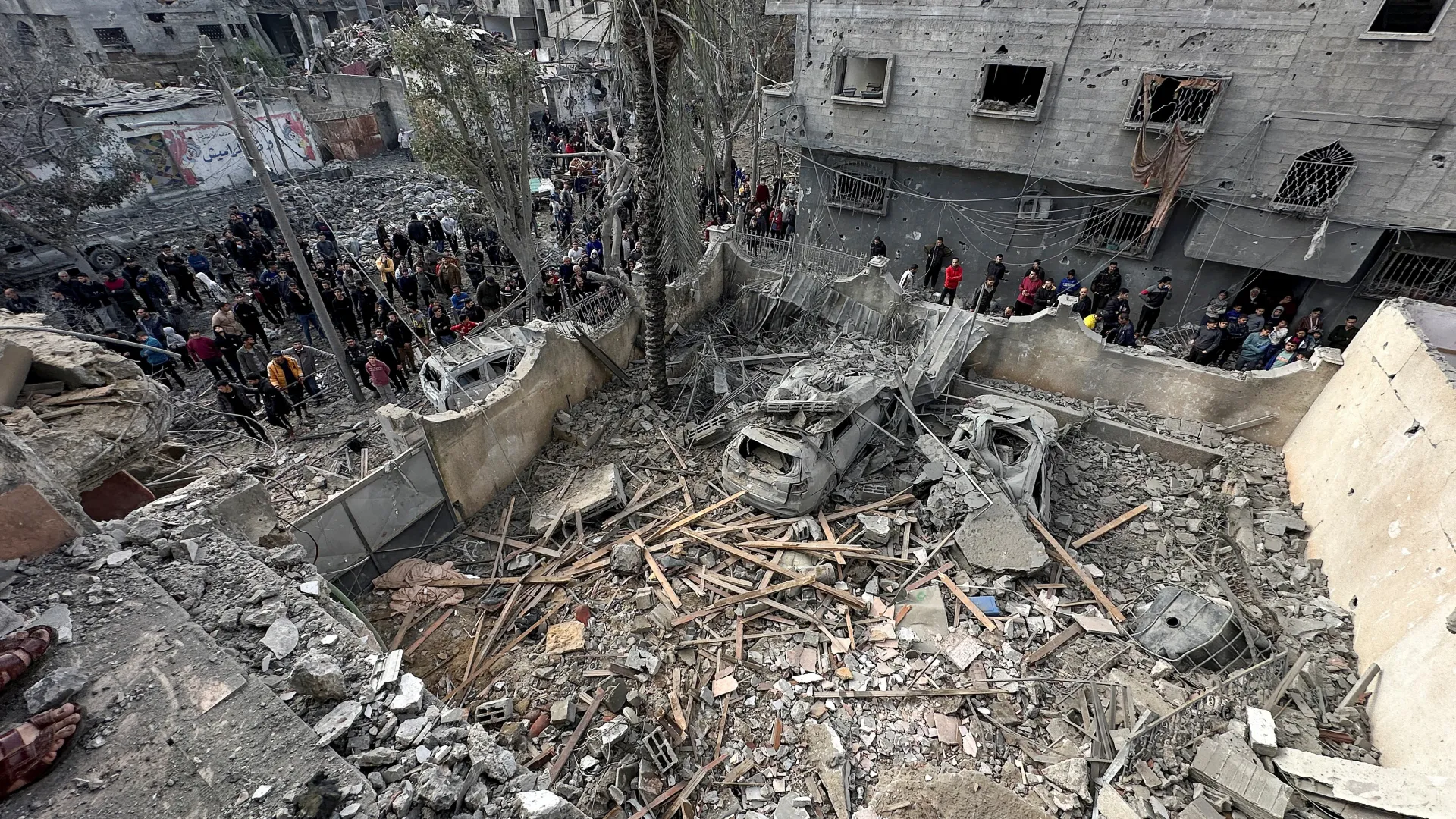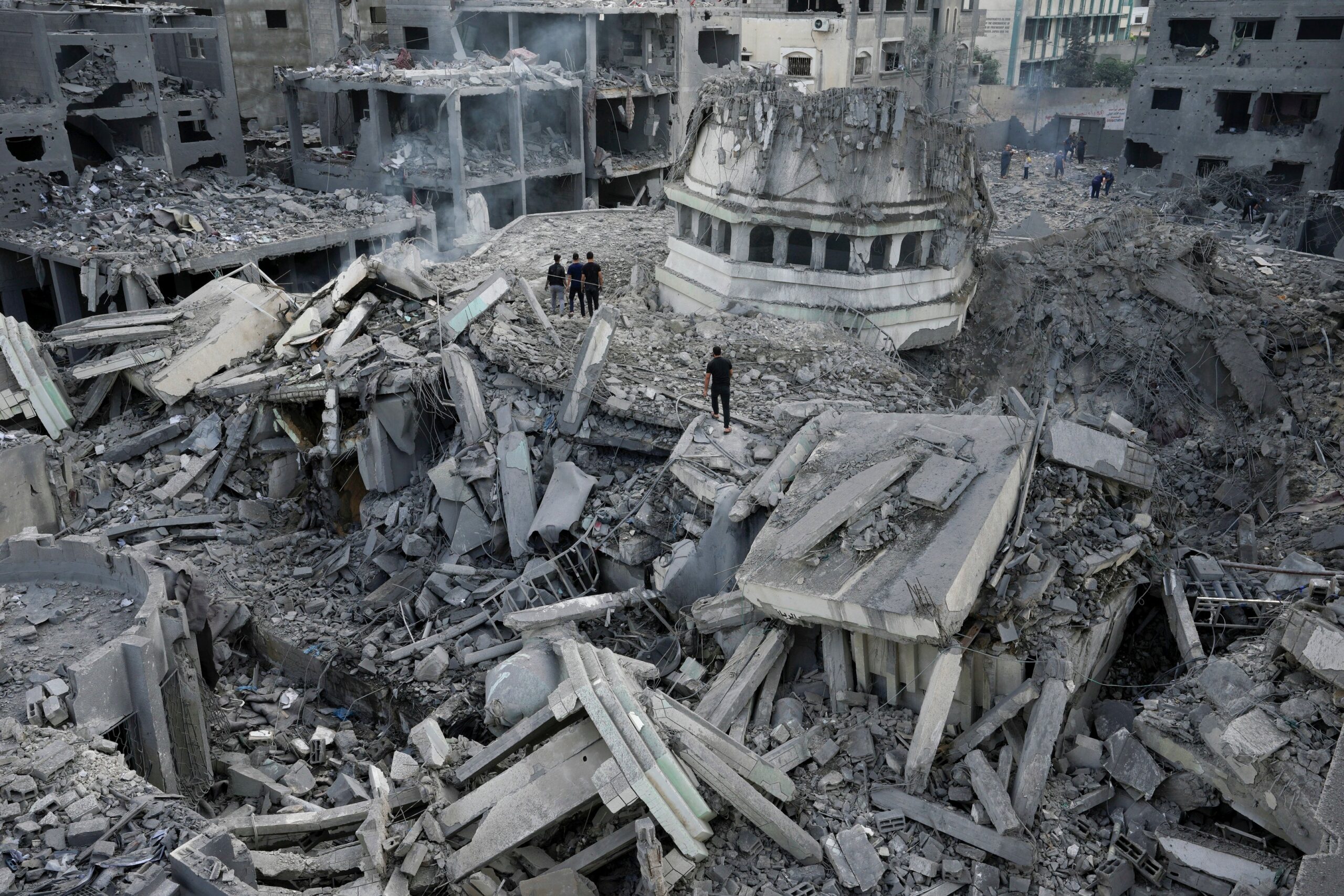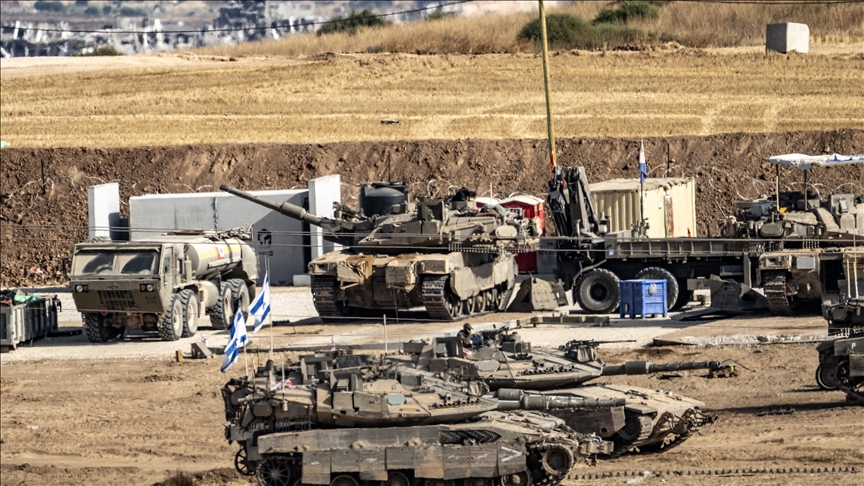
A recently disclosed intelligence assessment from the Central Intelligence Agency (CIA) and other U.S. intelligence agencies indicates that lawyers within the Israel Defense Forces (IDF) raised internal warnings that certain military operations in the Gaza Strip may amount to war crimes, owing to civilian casualties, damage to non-combatant infrastructure and the use of U.S.-supplied weapons. According to five former U.S. officials, this intelligence was first shared with senior policymakers late in the Joe Biden administration and only partially circulated within the U.S. government.
What the intelligence shows
Internal IDF legal advisers reportedly expressed doubts about the legality under international humanitarian law (IHL) of certain tactics in Gaza, including strikes involving U.S.-supplied munitions.
The intelligence flagged concerns over civilian harm and attacks on humanitarian workers, which could constitute grave breaches of the laws of war.
A previous U.S. State Department report in May 2024 assessed that Israeli use of U.S. weapons in Gaza was “inconsistent with international humanitarian law or established best practices for mitigating civilian harm.” Al Jazeera
Why this matters
If credible, the warnings signal that an ally (Israel) may have doubts internally about compliance with IHL, while externally defending its operations.
Under U.S. law (such as the Leahy Law), the U.S. must cease security assistance to foreign military units credibly implicated in gross human rights violations. A U.S. finding of war crimes by Israel could trigger significant policy and legal consequences.
From a humanitarian-law perspective, the use of U.S. weapons and intelligence support implicates the U.S. in questions of complicity or aiding and abetting potential war crimes.
For victims and international justice, these disclosures bolster demands for independent investigations and accountability mechanisms.
U.S. political and legal dilemmas
The U.S. government faced a dilemma: publicly acknowledging Israeli war crimes would risk cutting off arms and intelligence support, with complex strategic and diplomatic fallout. Some senior U.S. lawyers reportedly argued that since direct intent to kill civilians wasn’t conclusively proved, the U.S. could legally continue support. In Congress, critics say the administration looked the other way despite evidence. For example, U.S. Sen. Chris Van Hollen called the approach “a pattern of deliberate blindness” with regards to U.S. weapons used in Gaza.
Challenges & unresolved questions
Much of the intelligence remains classified, and specific incidents underpinning the internal warnings are not publicly detailed.
The fog of war, lack of full U.S. on-ground access and reliance on Israeli data limit full verification. The May 2024 report noted the U.S. had “no direct indication of Israel intentionally targeting civilians.
Debates continue over legal definitions: war crimes require intent, and proving intent in conflict zones is notoriously difficult.
Outlook
Advocacy groups are pressing for full disclosure, independent investigations (including by the International Criminal Court), and potential suspension of aid.
Policy watchers will monitor whether the U.S. uses this intelligence to reshape its arms export controls or force compliance by Israel.
For the wider Middle East, this episode may embolden calls for accountability, potentially affecting coalition dynamics and military support relationships.


